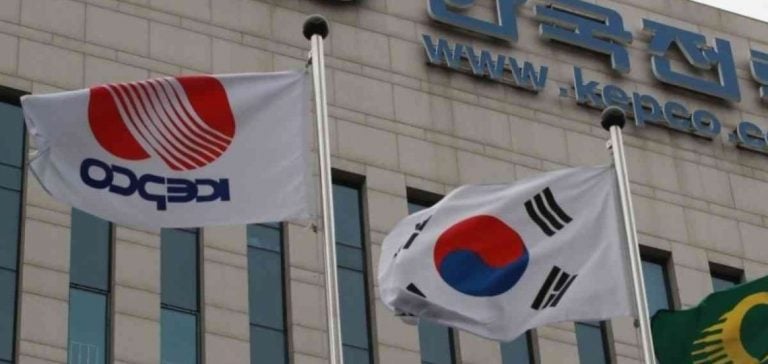South Korea has announced an increase in electricity rates for industrial use, with an average hike of 9.7% starting October 24, 2024. This decision, made by the Ministry of Trade, Industry, and Energy (MOTIE), will not impact households, whose bills remain frozen to account for inflationary pressures. This tariff hike is the first since November 2023.
A targeted increase for energy-intensive companies
The rate hike aims to reduce the losses of Korea Electric Power Corporation (Kepco), the national electricity company, which has accumulated significant losses in recent years. Kepco incurred a combined loss of 43 trillion won (31.2 billion USD) between 2021 and 2023, despite strong industrial demand. Major consumers, such as Samsung Electronics, SK Hynix, and POSCO, are affected by this measure.
New tariffs for large companies
The rate for large businesses will rise by 10.2%, reaching 182.7 won/kWh (0.13 USD/kWh), compared to the previous 165.8 won. Small and medium-sized businesses will see a 5.2% increase, bringing their rate to 173.3 won/kWh. According to the ministry, approximately 1.7% of the country’s consumers, representing over 53% of total electricity demand, will be affected by the hike.
Measures to ease the burden on households
Domestic rates remain unchanged, a decision that reflects the government’s intention to protect households and small businesses from inflation. The rate freeze has been maintained due to concerns over citizens’ purchasing power, already impacted by a slowing economy and extreme weather conditions.
Kepco and economic challenges
This rate hike comes as Kepco, burdened by high import costs of liquefied natural gas (LNG) and coal during the pandemic, struggles to improve its financial situation. The company must now adjust its rates to cover losses and finance necessary investments in energy infrastructure. As of June, Kepco’s debt stood at 202.9 trillion won, an increase of 440 billion won since the end of 2023.
Decreasing LNG import costs
Additionally, LNG import costs have been declining since late 2022 due to lower crude oil and LNG spot prices. In September, South Korean LNG importers, including Korea Gas Corporation, paid an average of 11.8 USD per million BTU, compared to 13.05 USD the previous year. To support reduced electricity production costs, the government extended the consumption tax cuts on LNG and coal, as well as the import tariff exemption on LNG until the end of 2024.






















